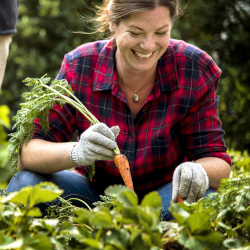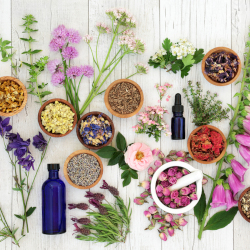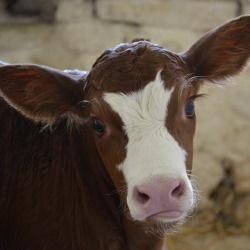“What if I get sick? What if our farm crew gets sick? We’re essential so we’re putting ourselves at risk still, but I can’t afford a hospital bill if I get very ill.” – Iowa farmer
We’ve been checking in with farmers these days, including those who are part of our national coalition of U.S. Farmers & Ranchers for a Green New Deal.
What have we learned? They’re working harder than ever. Not just to feed their local communities, but to provide the kind of nutrient-dense, pesticide-free food that will help keep people healthy.
But for many, it isn’t easy.
We forget that many farmers can’t afford today’s outrageously expensive health insurance premiums—much less a trip to the hospital should they get sick.
Yet they’re out there, trying to get food to empty grocery shelves. As one Iowa farmer told us:
“I am hopeful that our customers know we’re there for them and are bending over backwards to get our food to them. If they didn’t know already, they’ll know small farmers care about them deeply and will provide for them when things get rough.”
OCA staff members aren’t out on the frontlines. But we’re working, from our homes. And if this pandemic has taught us anything, it’s that the farmers who are good stewards of the land, and who work tirelessly to provide wholesome, healthy food, need our—and your—help now, more than ever.
We’re thankful that we were able to help launch the Farmers & Ranchers for a Green New Deal in September, before the pandemic hit. We’re in touch with the farmers in this coalition, and with our Congressional Advisory Committee, on how to help farmers survive this crisis.
There are a lot of “what ifs” out there right now. Farmers need our help now.
But we can’t just settle for short-term solutions. That’s why we’re in this for the long haul, to force Congress to support organic regenerative farmers.
Because when they thrive, we all thrive.
Please make a generous donation at this time, if you are able. And please stay safe.
Make a tax-deductible donation to Organic Consumers Association, a 501(c)(3) nonprofit
Support Citizens Regeneration Lobby, OCA’s 501(c)(4) lobbying arm (not tax-deductible)
Donate $100 or more and we’ll send you a copy of Ronnie’s new book
Click here for more ways to support our work














